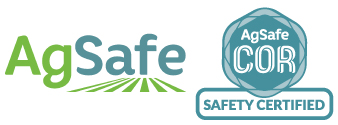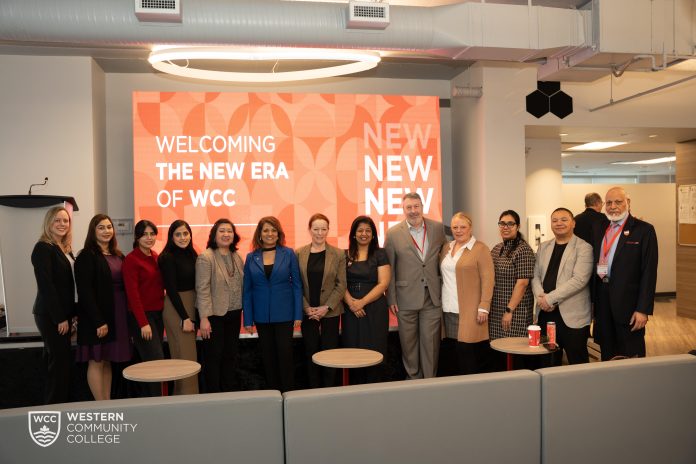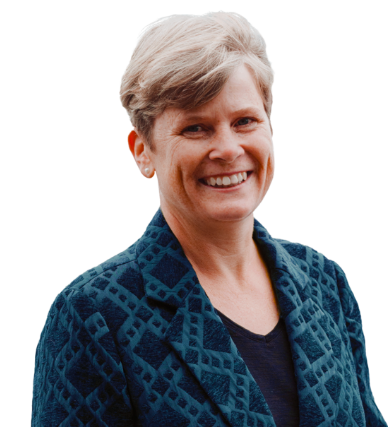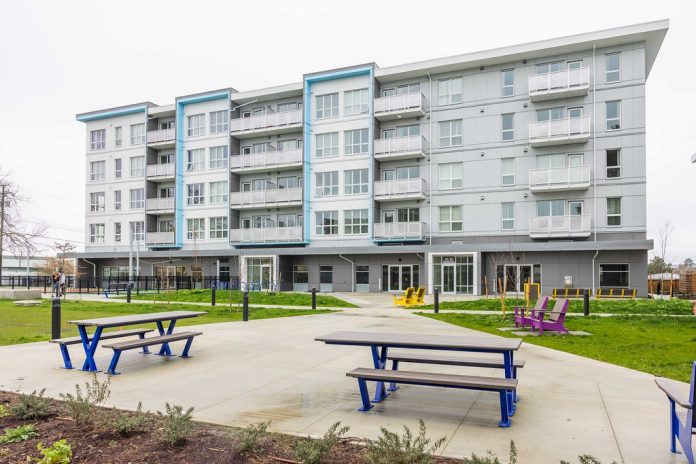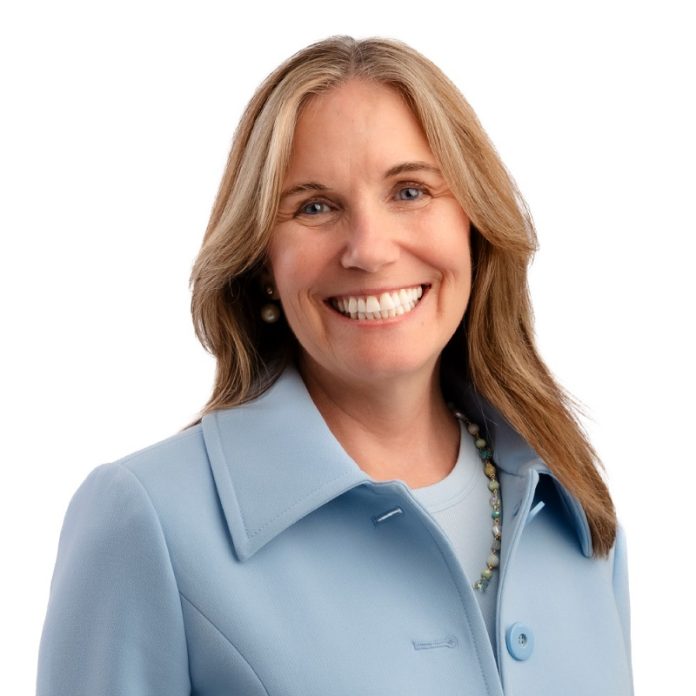Langley and Victoria, BC / March 24, 2025 – British Columbia farmers and ranchers will gain invaluable human resource (HR) support, courtesy of a new initiative delivered by AgSafe BC.
AgSafe and the Investment Agriculture Foundation of BC (IAF) have heard from BC’s agriculture sector that they don’t have the resources and support they need to effectively manage HR. Producers have expressed the need for assistance in areas such as recruitment, retention, performance management, compensation, compliance, and more. Recognizing this gap, IAF proposed the BC Agriculture HR program to AgSafe. Building on an innovative program previously delivered by go2HR in the tourism industry, IAF connected with AgSafe, who work directly with farmers and employers. AgSafe was already hearing similar needs in the sector regarding HR advice, alongside their ongoing work in Agricultural Safety practices.
The BC Agriculture Human Resources Advisory Service, inspired by a successful program in the tourism and hospitality sector, will serve as an “HR on Speed Dial” for the province’s agricultural community. Led by Project Manager Kaitlyn Janzen, who boasts extensive experience in both agriculture and human resources, a team of Regional HR Consultants will be available to agricultural producers for consultations and on-demand assistance via telephone, email, and digital meetings.
The result is HR support services designed specifically for farmers who are also employers. The initiative is funded by the Ministry of Social Development and Poverty Reduction through the Canada-British Columbia Labour Market Agreement, as part of a suite of Agricultural Labour initiatives delivered through IAF.
Background
A recent study by the Canadian Agricultural Human Resource Council revealed that British Columbia’s agriculture sector has the highest vacancy rate of any province, at 12%, with over 4,800 positions estimated to have gone unfilled in 2021.
In 2024, with the help of the Ministry of Agriculture and Food and stakeholders in the agriculture industry, IAF identified a gap in service for BC agriculture producers: Human Resource knowledge and assistance. Utilizing the recently secured Agriculture and Food Workforce Development Initiative funds, the IAF Team identified an HR tool used in the tourism industry during Covid-19, delivered by go2HR. Once the right tool was found, the IAF team realized that AgSafe BC was the ideal organization to collaborate with to deliver the program. Having worked with AgSafe to deliver the Mental Health Supports Program, IAF was confident that AgSafe was uniquely positioned to deliver the BC Agriculture Human Resources Advisory Service.
This project is supported by the Agriculture and Food Workforce Development Initiative, a fund designed to support BC’s agriculture industry in providing a stable and increasing food supply through targeted efforts to recruit and retain a sufficient workforce to meet the labour needs of the industry. Funding for this initiative has been provided by the Ministry of Social Development and Poverty Reduction through the Canada-British Columbia Labour Market Agreement. The initiative is delivered by IAF.
Other Agricultural Labour Resources
The BC Agriculture Human Resources Toolkit, launching this Spring, will provide essential forms, checklists, templates, and other resources that reflect HR best practices. By leveraging existing resources from go2HR and the Canadian Agricultural Human Resources Council, the toolkit will aid agricultural employers in recruiting, retaining, and managing employees effectively.
Learn more about AgSafe’s Mental Wellness Resources: https://agsafebc.ca/mental-wellness/
Source: Canadian Agricultural Human Resource Council. 2023. B.C. Agriculture labour market information and forecast 2023-2030.
Learn more about the IAF-delivered Agriculture and Food Workforce Development Initiative: https://iafbc.ca/programs/#awdi
Quotes
Wendy Bennett, AgSafe Executive Director:
“AgSafe has provided health and safety resources to B.C. farmers and ranchers for over 30 years. We have heard from employers that they need more human resource support. We are proud to launch this new initiative to give the agriculture industry human resource and staffing advice at their fingertips.”
Paula Baxter, Chair of the British Columbia Landscape and Nursery Association, Vice Chair of AgSafe, and Owner of Exemplar Horticulture:
“People are the cornerstone of the landscape and nursery sectors in British Columbia. The HR Support initiative will foster a robust sector by enhancing employee recruitment, training, and retention.”
Jack DeWit, IAF Board of Directors Chair:
“IAF is proud to have been a key part of the development of this critical program for BC agriculture. Through this program, BC’s farmers and ranchers will be able to find the resources they need to support their businesses and, in turn, allow food production to thrive. Our team did a lot of leg work to get this program off the ground and are so pleased to have partnered with AgSafe to deliver it to producers. We are confident AgSafe is the right organization to support producers through this program.”
About AgSafe
AgSafe is the non-profit health and safety association for agricultural producers in British Columbia, providing site-specific consultation and on-site safety education, as well as online workplace safety resources and materials. AgSafe is also the COR Certifying Partner for B.C.’s agricultural and associated industries and offers a Certificate of Recognition (COR) program for large and small employers. For more information about AgSafe services or agriculture-related workplace health and safety, call 1-877-533-1789 or visit www.AgSafeBC.ca. Follow AgSafe on Twitter, Facebook, Instagram, and LinkedIn.
About IAF
The Investment Agriculture Foundation of BC (IAF) delivers programs and services to support a thriving agriculture and food sector in British Columbia.
With more than 25 years of experience, IAF is recognized as the leading provider of high-quality and cost-effective program delivery services for the agriculture and food sector in BC. Since 1996, we have committed more than $300 million to industry on behalf of the federal and provincial governments. www.iafbc.ca
Follow IAF on Facebook, Instagram, LinkedIn, and sign up for the newsletter: Growing Today
Media Contacts
Cheryl Davie, Communications and Media Specialist, AgSafe BC
604-308-5775 | communications@agsafebc.ca
Kelsi Stiles, Director of Communications and Programs, IAF
250-940-6150 | communications@iafbc.ca


